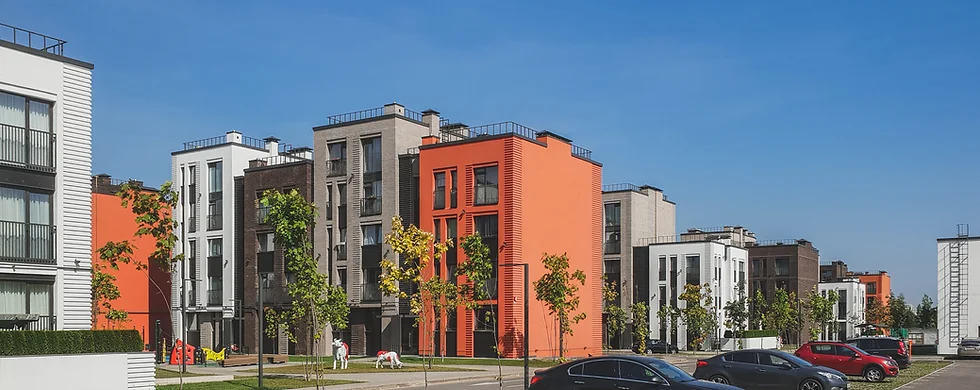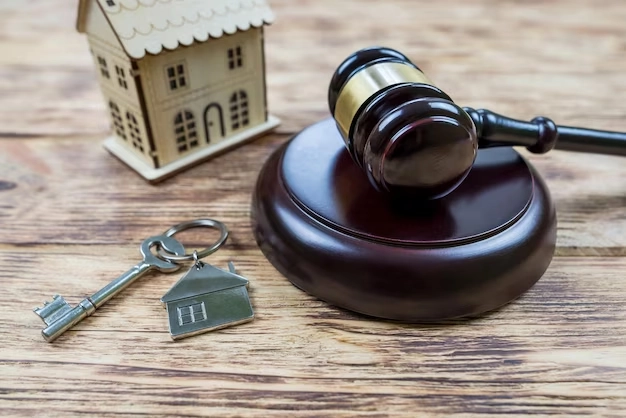Common Legal Issues When Buying a House & How to Avoid Them

Buying a home is one of the most significant financial decisions you’ll make in your lifetime. Unfortunately, many homebuyers encounter unexpected legal issues when buying a house that can turn their dream purchase into a costly nightmare. At Ace California Law, we’ve helped hundreds of California homebuyers navigate these complex legal challenges and protect their […]
Zombie Loans and Your Rights: Legal Remedies for California Homeowners

A zombie loan happens when you still owe money on a home loan even after the bank took your house. These problems often come from bank mistakes or paperwork that wasn’t finished properly. If you’re a California homeowner stuck with a zombie loan, the law gives you ways to fight back. You can ask the […]
When Should You Survey Your Property for Encroachments?

A property survey makes sense at key moments when you need to know exactly where your land begins and ends. You’ll want one when buying or selling a house, before building anything new, if you’re having issues with neighbors, or after storms or floods might have moved boundary markers. Having a professional check your property […]
When Should You Consider Alternative Dispute Resolution?

You should think about using alternative dispute resolution (ADR) when you want to solve problems more quickly and cheaply than going to court. It works well for solving disagreements between businesses, family members, or workers, and when people want to keep things private. ADR usually costs half as much as court cases and gets things […]
When Does an Informal Path Become a Legal Easement?

A beaten path across someone’s land can become a legal right-of-way if people use it long enough without asking permission. The time needed varies by location – anywhere from 5 to 20 years. People must use the path regularly and openly, so the landowner can clearly see it’s being used. The use needs to continue […]
When Can You Sue Your HOA? Legal Options Explained

You can sue your HOA when they break their promises, charge unfair fees, waste money, or don’t take care of shared spaces. You also have the right to take legal action if they treat some residents differently than others, discriminate, or make changes to property without permission. Before going to court, make sure to keep […]
When Can You Sue for Real Estate Contract Breach?

You can take legal action for a broken real estate deal when the other person doesn’t keep their main promises. You might have a case if they hide property damage, make changes to the property without permission, miss important due dates, or don’t go through with the sale. To take someone to court, you need […]
What’s the Impact of Zoning Changes on Residential Property?

Zoning changes can deeply affect homes and their owners in several ways. When city planners change an area’s zoning rules, it changes what people can do with their land, how much their property is worth, and how their neighborhood looks and feels. New rules might allow or block certain types of buildings, change how close […]
What’s the Impact of Improvements in Partition Actions?

Splitting shared property has become much easier thanks to better laws and tools. New methods have cut legal fees almost in half and made paperwork and talks between parties smoother. These better ways help keep family money safe, build stronger neighborhoods, and stop property values from dropping. The simpler process of splitting property has also […]
What’s the Impact of Easements on Property Value?

Easements can greatly affect how much a property is worth, and their impact changes based on what kind, where they are, and what limits they set. Basic easements that let others use part of the land, like for power lines or pipes, usually lower value by 5-20%. When easements stop owners from using their land […]
